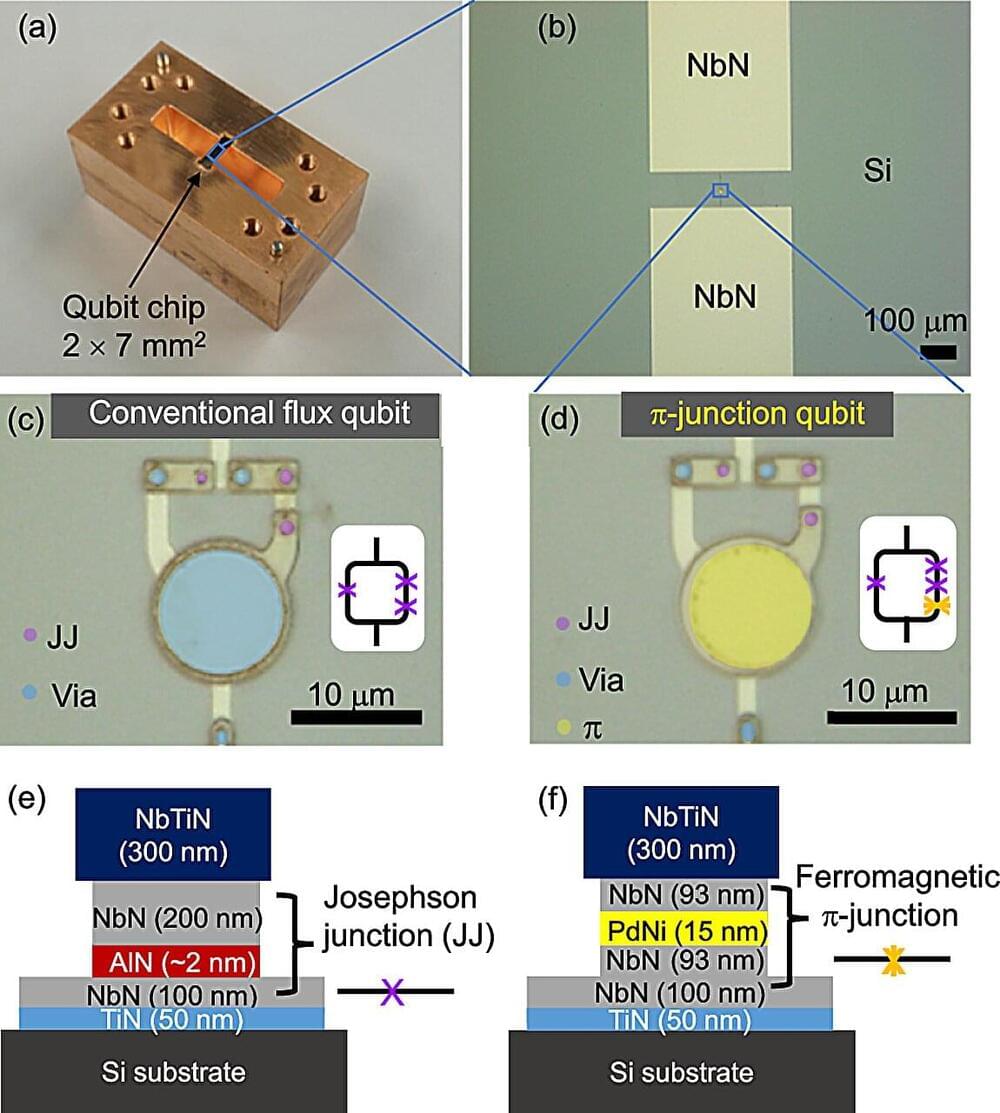First coherent picture of an atomic nucleus made of quarks and gluons.
For the first time, quarks and gluons were used to describe properties of atomic nuclei, which until now had been explained by the existence of protons and neutrons. The temporary pair of correlated nucleons is highlighted in purple. (Source: IFJ PAN)
The atomic nucleus is made up of protons and neutrons, particles that exist through the interaction of quarks bonded by gluons. It would seem, therefore, that it should not be difficult to reproduce all the properties of atomic nuclei hitherto observed in nuclear experiments using only quarks and gluons. However, it is only now that physicists, including those from the Institute of Nuclear Physics of the Polish Academy of Sciences in Cracow, have succeeded in doing this.
It’s almost a century since the discovery of the main components of atomic nuclei: protons and neutrons. Initially, the new particles were considered indivisible. In the 1960s, however, there was a suggestion that, at sufficiently high energies, protons and neutrons would reveal their internal structure – the presence of quarks constantly held together by gluons. Soon afterwards, the existence of quarks was confirmed experimentally. It may therefore seem surprising that, despite the passage of many decades, no one has been able to reproduce with quark-gluon models the results of nuclear experiments at low energies when only protons and neutrons are visible in atomic nuclei. This long-standing deadlock has only now been broken, in a paper published in Physical Review Letters. Its main authors are scientists from the international nCTEQ collaboration on quark-gluon distributions, including those from the Institute of Nuclear Physics of the Polish Academy of Sciences (IFJ PAN) in Cracow.









